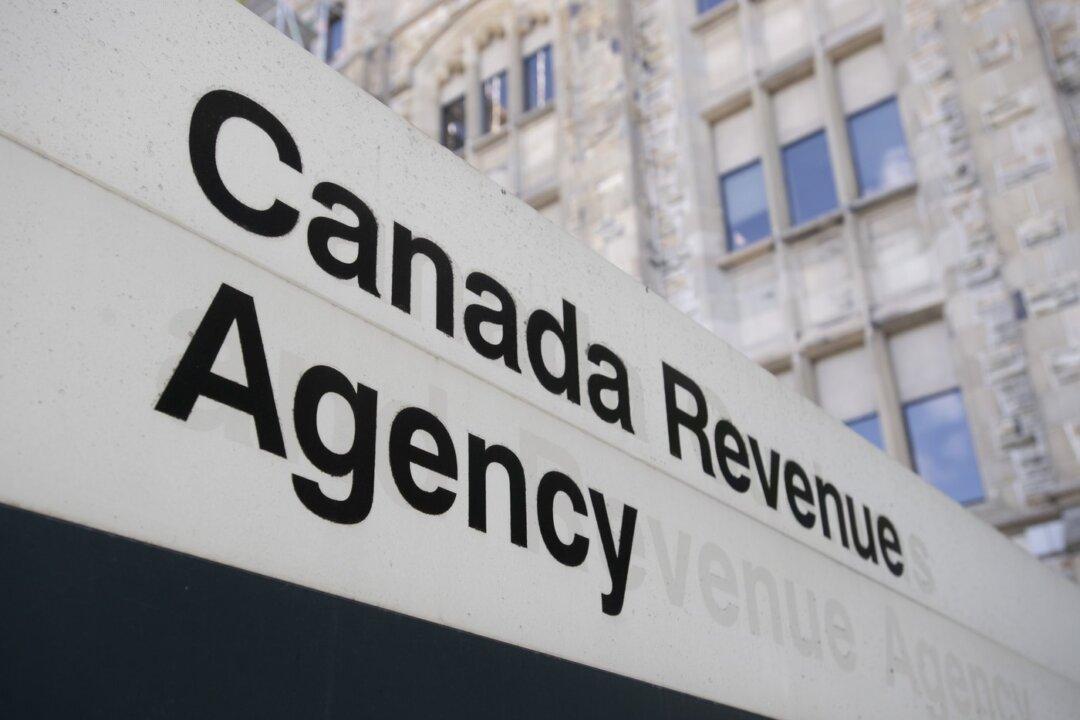Conservative Party Leader Pierre Poilievre says a Tory government will cancel the hike on the capital gains tax, citing concerns about job losses and the threat of tariffs from the incoming U.S. administration.
“President Trump has said he wants to tariff our country, we cannot afford economically destructive Liberal taxes that will drive even more business and jobs out of our country,” Poilievre said during a press conference in Delta, B.C. on Jan. 16.





